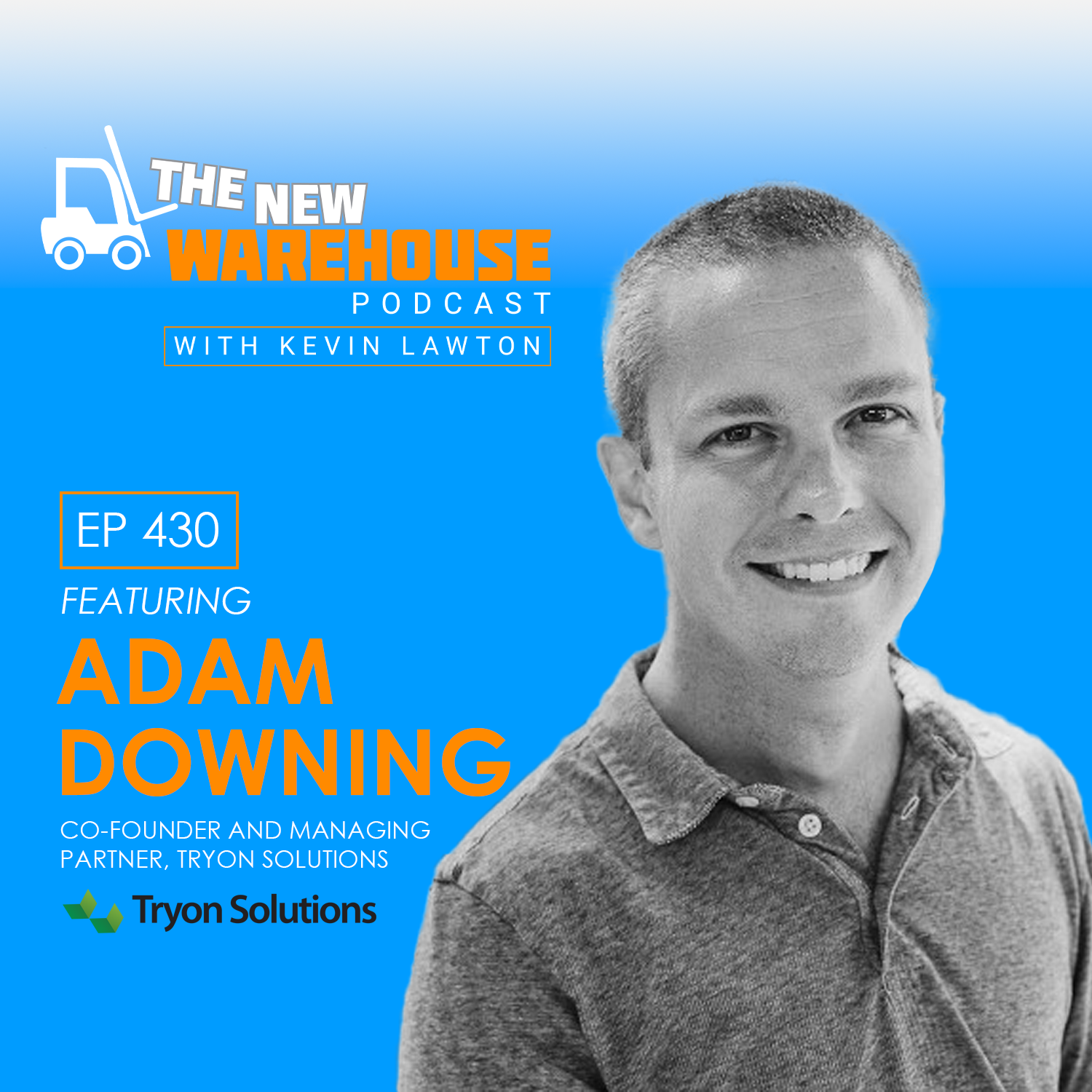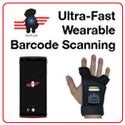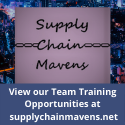
430: The Evolution of WMS Implementation with Tryon Solutions
In the latest episode of The New Warehouse Podcast, special guest Adam Downing, President of Tryon Solutions, dives into the intricate world of Warehouse Management Systems (WMS). With 14 years of specialization in Blue Yonder WMS implementations, Tryon Solutions provides a comprehensive suite of services spanning consulting and operational improvements to upgrades and support. Based in Raleigh, North Carolina, and boasting a global presence, the company completed an impressive thirty-nine go-lives just last year. Adam offers invaluable insights into how WMS providers are evolving to keep pace with rapidly advancing technologies, including automation and robotics. Don’t miss the chance to gain these insights; tune in to the episode for the full discussion.
Robotics, Labor Issues, and the Rise of SaaS in Warehouse Management Systems
In an industry as dynamic as warehousing keeping up with technological advancements and labor market shifts is crucial. Adam sheds light on some of the most pressing issues and changes currently affecting the warehouse management landscape. “A lot of our products right now are centered around either robotics or automation,” Adam mentions, highlighting the increased focus on these technologies to drive efficiencies, with labor remaining a significant concern.
One of the most noteworthy shifts is moving from on-premise solutions to Software as a Service (SaaS). “There’s this big push to move to SaaS,” Adam notes. This change, though sometimes met with resistance from large enterprise IT departments, is becoming increasingly accepted. It allows operational folks to take more ownership of the systems, bypassing the need to rely solely on internal IT teams. “SaaS WMS solutions are not a new thing, but certainly from the enterprise level, they are becoming more and more adopted,” Adam adds.
WMS Implementation and Integration in an Age of Robotics and Automation
Adam emphasizes the integration challenges of the proliferation of robotics: “You’re just automating things that are in your work queue, and rather than assign it to a person, you’re assigning it to a robot. Much of that still boils down to how you implement it and do the industrial engineering to build that into your operation.” This becomes particularly pertinent as warehouses strive for seamless coordination between human labor and automation technologies.
As warehouses increasingly adopt robotics and other automation technologies, one critical hurdle is how these new tools integrate with existing WMS platforms. “The biggest challenge our customers see is how you integrate these various technology solutions with your existing WMS system?” Adam points out. He notes that while older WMS systems might still be able to handle new technologies via middleware, there’s a growing push toward SaaS solutions. The transition to SaaS offers better reliability and eases the integration of additional microservices that can optimize operations further.
The Value of Test Automation in Streamlined Warehouse Operations
Test automation is pivotal, especially as the warehouse ecosystem becomes more complex. “Test automation, for example, doesn’t necessarily make your go-live easier, but it makes your ongoing maintenance more robust and reliable. It’s always about mitigating risk,” Adam shares. He notes that while test automation is most effective in a large ecosystem where WMS is just one part of a broader IT infrastructure, its value is undeniable in maintaining long-term operational integrity. “We look at automating those tasks of the high priority things…the picking, the put-away, those sorts of tasks,” says Adam. By focusing on automation for these tasks, warehouses can better mitigate risk and reduce the need for manual interference, which can be especially critical during system upgrades or other changes.
Key Takeaways on WMS Implementation
- Robotics and automation are increasingly essential in warehouse management, necessitating seamless integration with existing WMS platforms.
- The transition from on-premise to Software as a Service (SaaS) solutions accelerates, allowing operational teams to take greater ownership and improve system reliability.
- Test automation is pivotal for mitigating risks and streamlining operations, particularly in larger ecosystems where WMS interacts with a broader IT infrastructure.
Listen to the episode and leave your thoughts in the comments.
Guest Information
For more information on Tryon Solutions, click here.
To connect with Adam on LinkedIn, click here.
For more information about WMS Implementation, check out the podcasts below.
427: Digital Twins in Warehousing with Meta Logic




